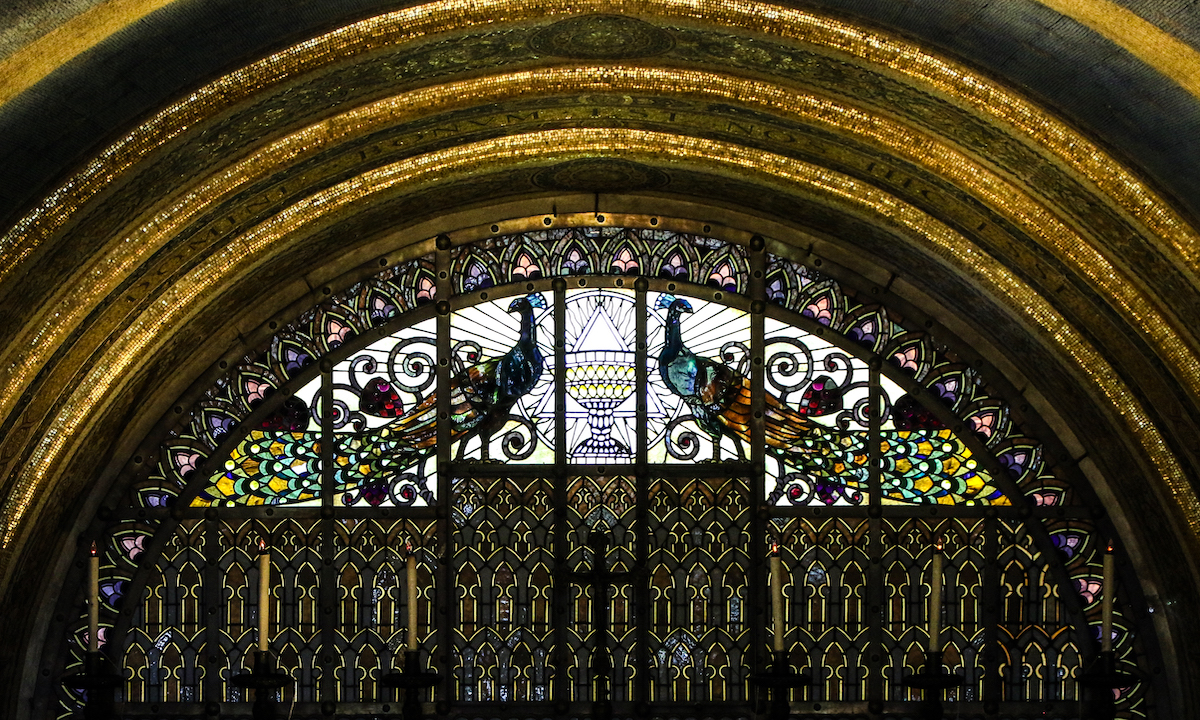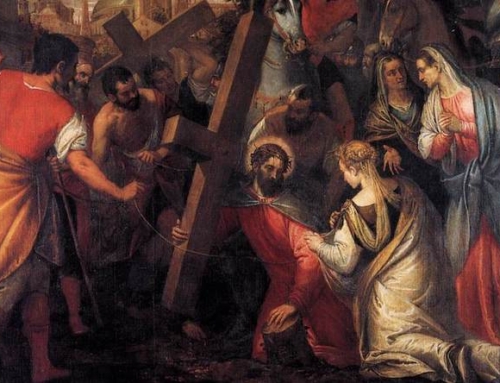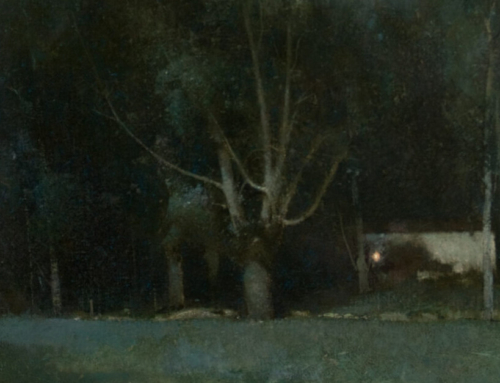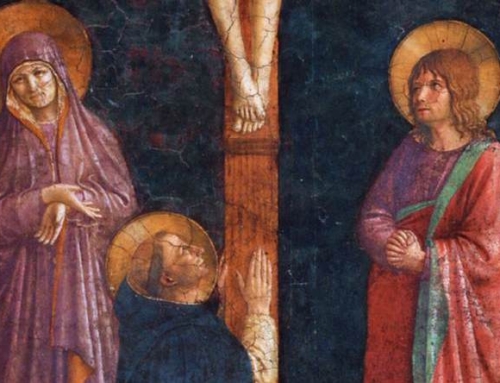2020 Summer Reading Recommendations:
Flannery O’Connor and the Christ-Haunted South by Ralph C. Wood
The United States has never been a predominantly Catholic country, but she has certainly been a Christian one. The Christian ethos permeates her history. Religious pilgrims were among the first to stake their claims on her shores and times of renewed religious fervor, coined Great Awakenings, line her annals. Though a mainly Protestant majority has cultivated this ethos, the Catholic influence in it is not negligible. After the country’s initial founding, the U.S. would come to annex lands that were characterized by a widespread Roman Catholicism, mostly of Spanish background.
This awkward diversity of religious practice has produced a patchwork quilt of Christian identity that is hard to discern in its totality. Flannery O’Connor found herself in this confusing America in the mid-twentieth century. Coming of age as an Irish Catholic in the deep south of Milledgeville, Georgia, gave O’Connor a unique perspective on the interaction between Catholicism and Protestantism, especially in its Fundamentalist strains. She would deepen this perspective even more after attending the Iowa Writing Workshop at the University of Iowa and living at an artists’ community in upstate New York. The writing tools she received at these places and the ability to practice writing more drew her to develop her views on life’s deepest questions. With this particular vantage point, O’Connor launched into a literary career, commenting on modern society and its relationship with Christianity.
Ralph C. Wood’s book Flannery O’Connor and the Christ-Haunted South is an illuminative study on the relationships among O’Connor’s Catholic sensibility formed by Southern gentility, Fundamentalist preaching, and the predominance of nihilism in the modern world. These relationships provide the substance for the series of essays that comprise the book. These essays touch on different aspects of O’Connor’s literary engagement with the prominent social and religious ideas of her time.
Among the topics that Wood treats are sacramentality, racism, cultural identity, vocation, nihilism, and history. Wood’s scholarship glistens most lucidly when, over the course of an argument, he writes as a theologian, social critic, philosopher, and novelist, and arrives at penetrating insights into O’Connor’s genius. Additionally, though not a Catholic himself, Wood magisterially exposits O’Connor’s Catholic ideas. He does this while comparing the similarities between the theologians who inform those Catholic ideas and the ones who formed Wood’s own theological tradition such as Karl Barth, whom O’Connor read.
What is also salutary about Wood’s essays is his facility in elucidating O’Connor’s ability to find and promote the redeeming qualities of Fundamentalist Christianity, a group she strongly criticizes. He integrates those qualities into O’Connor’s vision of the Church’s place in the modern world. No one is spared in her respectful criticism, not even her own beloved Catholic Church. Bruising rhetoric speaks of her desire to test everything and hold fast to the good that remains (1 Thess 5:21). It also reveals her undying conviction of the reality of Original Sin and every man’s need for redemption⏤a constant, underlying refrain in her writings.
Flannery O’Connor shatters any stereotype that one might try to place on her. For this reason, her popularity continues to grow, and rightly so. That popularity has spurred a number of impressive works on her literature, life, and legacy. Wood’s book fits in well with this assortment and makes a unique contribution because of his fluency in so many disciplines. For the avid O’Connor enthusiast or even the neophyte struggling to understand her arrestingly grotesque stories, this book will not disappoint.
✠
Image: Photo by Fr. Lawrence Lew, O.P. (used with permission)







